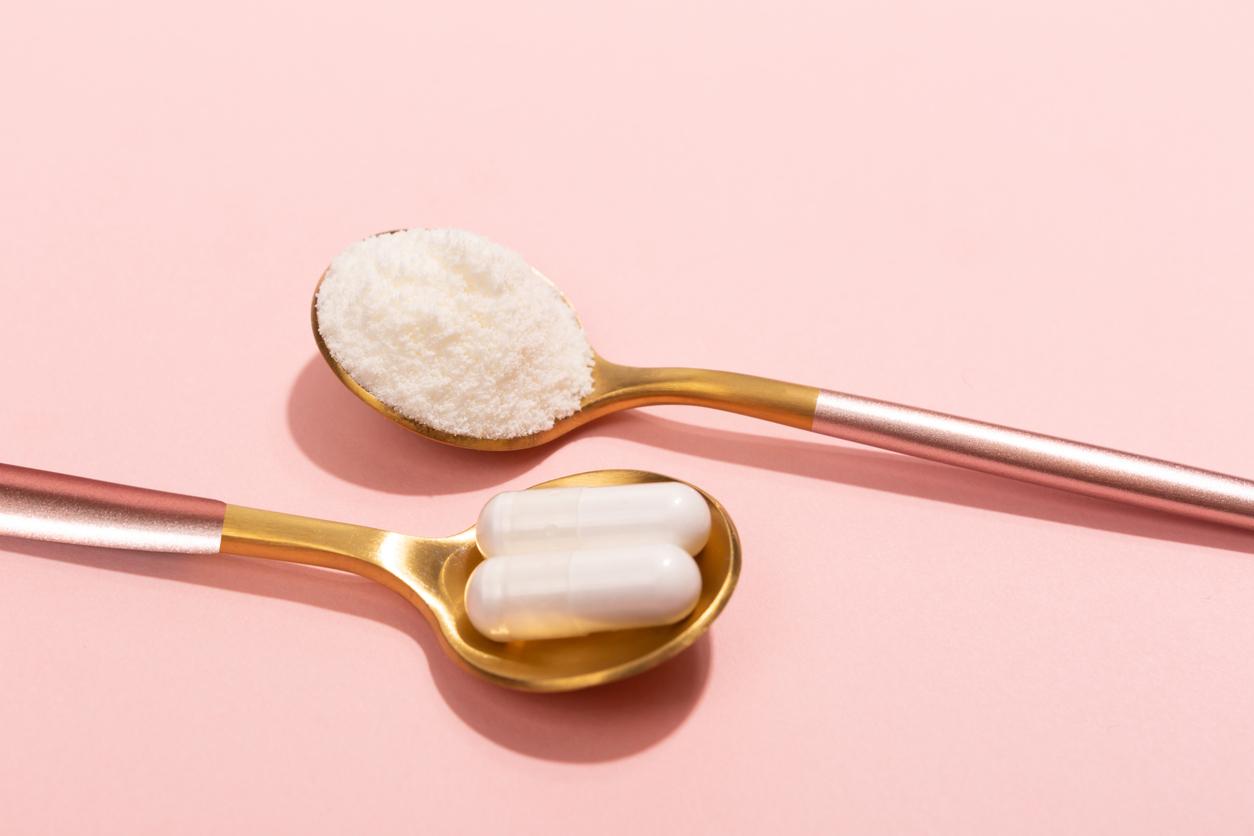By acting on diet and lifestyle, as a clinical trial has just shown, biological age can be “rejuvenated” by three years in just a few weeks.

- A specific diet and a healthy lifestyle would slow down aging
- It is the action of these simple gestures on the chemical modifications of our DNA which explains this slowing down.
Gain three years of life? A dream which, according to a study conducted by the Helfgott Research Institute with Yale University in the United States and published in the magazine Aging, could not only become a reality but also thanks to very simple choices in terms of way of life.
But let’s put things into perspective right away: while we have just learned that the highest age that a human being could reach is capped at 150 – the ultimate moment at which cell renewal no longer takes place to compensate for trauma -, this gain of three years promised to those who would be very vigilant about their diet, their sleep, their physical exercise and their relaxation only concerns… biological age. That is to say the one that results from the damage and loss of function of our cells as we age. And which does not always correspond, in a good or a bad way, to our “real” age.
Three years gained on biological age
It is still reassuring to learn that this biological age can be “rejuvenated” very quickly from simple changes in lifestyle and diet. The study that demonstrates this mechanism was carried out from a randomized trial conducted among 43 healthy adults aged 50 to 72 years. It consisted in making them follow for a relatively short period, only 8 weeks, a program including advice on diet, sleep, physical exercise, relaxation, a program accompanied by probiotic and phytonutrient supplements. Result: the biological age of the active participants was, at the end of the program, three years younger than that of the control participants!
An action on DNA methylation
This spectacular effect is linked to the impact of the diet imposed by the program on the balance of methylation, ie the modification of the chemical composition of DNA. “These results appear to be consistent with existing studies that have examined the potential for biological age reversal,” said Kara Fitzgerald, lead author of the study. He said the trial that was conducted “is unique in its use of a safe, non-pharmaceutical diet and lifestyle program.”
“What’s unique about Dr. Fitzgerald’s approach is that his trial designed a natural strategy to target our body’s methylation system and provides first insight into the possibility of using natural alterations to target epigenetic processes. and improve our well-being and perhaps even longevity and lifespan”; adds epigenetist Moshe Szyf, co-author of the study.
Predicting aging and disease risk
The researchers are currently in the process of recruiting participants to conduct another trial, this time larger, which they hope will corroborate the results of this recent work. Their goal is to measure even more precisely the impact of changes in dietary practices and lifestyle on DNA methylation models that predict both aging and the risk of age-related diseases.
.

















